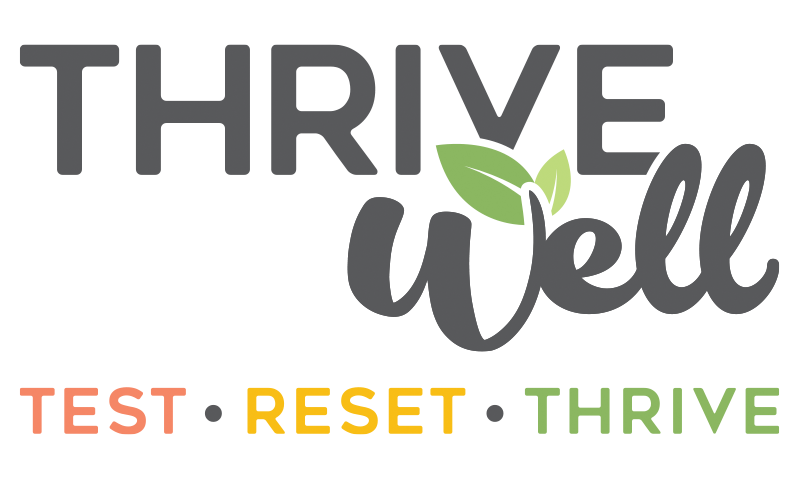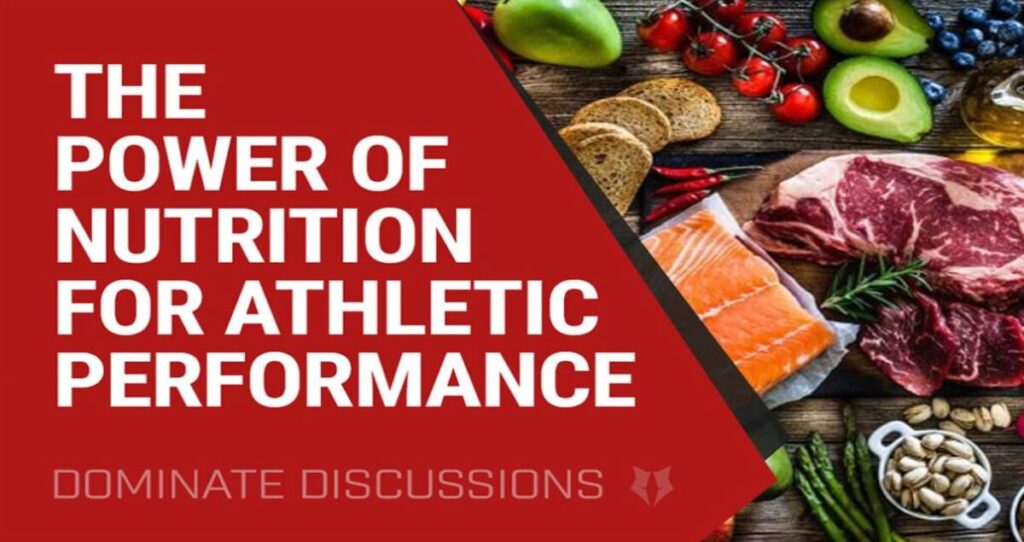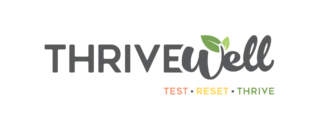Athletes require more than just intense training to excel—they need the right nutrition for athletic performance to maximize their energy, enhance recovery, and achieve peak performance. Whether you’re a runner, swimmer, cyclist, or weightlifter, the food you consume plays a critical role in how well your body performs. It can affect everything from strength and endurance to muscle repair and immune function.
In this article, we’ll explore the essential nutrients, hydration strategies, meal timing, and common nutritional mistakes that can make or break your athletic journey. Keep reading to learn how you can fuel your body for success and reach your full potential.
Looking to optimize your nutrition? Contact ThriveWell Solutions for expert guidance today!
Why Nutrition Matters for Athletes
Athletic achievements require a nutritional foundation as their base. Physical training records only the best results possible through proper nourishment of the body. Your body requires protein to fix muscles and must have carbs for energy generation. Fat helps keep hormones steady. Staying hydrated enables your body to regulate temperature properly while stopping cramps and maintaining efficient muscle function.
Adequate athletic performance requires proper nutrition because inadequate nutrition care reduces performance, fatigue, and delayed recovery times. Detailed evidence shows that nutrition for athletic performance matters equally well before exercise as during exercise, thus making its importance obvious throughout a training period.
Not sure if your diet supports your fitness goals? Schedule a consultation with ThriveWell Solutions today!
Key Nutrients Every Athlete Needs
Your athletic performance requires three essential macronutrient groups: carbohydrates, proteins, and fats. These substances deliver both energy and physical assistance to enable athletic endurance. Complete health maintenance depends on two main categories of micronutrients, which include vitamins and minerals.
Carbohydrates: The Energy Source
The body relies on carbohydrates as its primary biological fuel during high-intensity workout sessions. The human liver and muscles are storage compartments for biological fuel, which is glycogen. The absence of sufficient carbohydrates will lead to athlete fatigue, which results in decreased athletic performance.
Best Sources of Carbs: Whole grains, fruits, vegetables, and legumes.
Proteins: Building and Repairing Muscles
Muscles require protein to heal themselves and develop stronger than before. While exercising intensely, muscles break apart, and protein leads to their repair as stronger structures. Athletes must consume protein-rich foods to help rebuild their muscles after workouts while developing strength.
Best Sources of Protein: Chicken, turkey, fish, eggs, beans, tofu, and protein shakes.
Fats: Sustaining Energy and Supporting Hormones
Endurance athletes especially need to understand that fat holds meaning for sustained energy storage even though it normally receives negative attention in dieting. The body needs fats for hormone production because this serves three recovery functions: muscle growth and clear thinking.
Best Sources of Healthy Fats: Avocados, nuts, seeds, olive oil, and fatty fish.
Micronutrients: Vitamins and Minerals
The energy supply from macronutrients receives most of its power from essential micronutrients, including iron, calcium, vitamin D, and magnesium. Lack of micronutrients influences athletic performance apart from slowing recovery time.
Common Micronutrient Deficiencies in Athletes: Vitamin D, iron, calcium, and magnesium.
Want a customized nutrition plan? Let ThriveWell Solutions create a meal strategy tailored to your athletic needs!
Hydration: The Key to Peak Performance
The key to supporting your athletic performance is hydration, which is an elemental and vital step. Small levels of dehydration generate fatigue together with cramps and reduced concentration ability. Professional athletes need to preserve proper hydration before exercise begins and throughout the entire period of their active work and afterward for correct muscle functioning and endurance ability.
How Much Water Should You Drink?
Water intake should match half your weight measured in ounces when following the general recommendation. The water consumption needed during exercise increases based on exercise intensity and duration.
Electrolytes and Hydration
Electrolytes, including sodium, potassium, and magnesium, strongly support hydration. These electrolytes control body fluid amounts while averting muscle cramps during intense physical workouts. The essential minerals in our body can be restored by consuming electrolyte-rich foods with sports drinks, eating bananas, or drinking coconut water.
Struggling with hydration? ThriveWell Solutions can help you develop a hydration strategy that works for you!
What are the Common Nutrition Mistakes Athletes Make?
Determined athletes occasionally make errors when it comes to food selection. The list includes several warnings that you should avoid.
Underestimating Carbohydrates
Currently, sports competitors tend to ignore carbohydrates despite the nature of their dietary approach. The body needs carbohydrates because they serve as the principal source of energy, particularly for people who do endurance sports.
Ignoring Recovery Nutrition
Athletes usually skip their post-workout nutrition because they believe they can postpone eating until later. Postponing recovery nutrition results in prolonged muscle soreness together with reduced recovery rates.
Relying Too Much on Supplements
Teams should use protein powders and pre-workout drinks to supplement their whole-foods-based diet, but these supplements should never replace wholesome dietary food. Better prolonged outcomes result from eating nutritious food.
Need guidance on balancing your diet? ThriveWell Solutions can help you avoid these common mistakes!
ThriveWell Solutions
The ThriveWell Solutions team assists people and families in reaching health and wellness objectives through client-specific functional wellness and nutritional programs. Our expert personnel follow a comprehensive method for gut health alongside food sensitivity checks and detoxification programs to create individual dietary plans that boost athletic ability and overall wellness.
All athletes who compete at beginner and advanced levels require support to balance training activities and rest periods. ThriveWell Solutions exists to deliver sustainable, evidence-based nutrition approaches which generate individual growth for people reaching their performance limits.
Get expert support on your nutrition journey! Contact ThriveWell Solutions today.
Conclusion
Your athletic performance needs proper nutrition for athletic performance as its crucial foundation to reach success. Proper nutrition that includes balanced consumption of carbohydrates and proteins with fats and essential vitamins and minerals will offer you the optimal chance to succeed. Remember to stay hydrated and schedule your meals correctly because this helps maximize energy levels and recovery.
If you’re looking for personalized nutrition strategies to help you perform at your peak, contact ThriveWell Solutions today. Our team of experts can help you design a plan tailored to your specific needs.
Ready to optimize your performance? Book a free consultation with ThriveWell Solutions now!



